
HSE University Project Wins Russian-Indian Grant by RSF
The research community gave a highly positive assessment of a joint application by researchers from HSE University and their Indian colleagues in affine algebraic geometry, particularly the problems of cancellation. The head of the project on the Russian side is HSE FCS Dean Ivan Arzhantsev; on the Indian side, the project is led by renowned mathematician Neena Gupta.
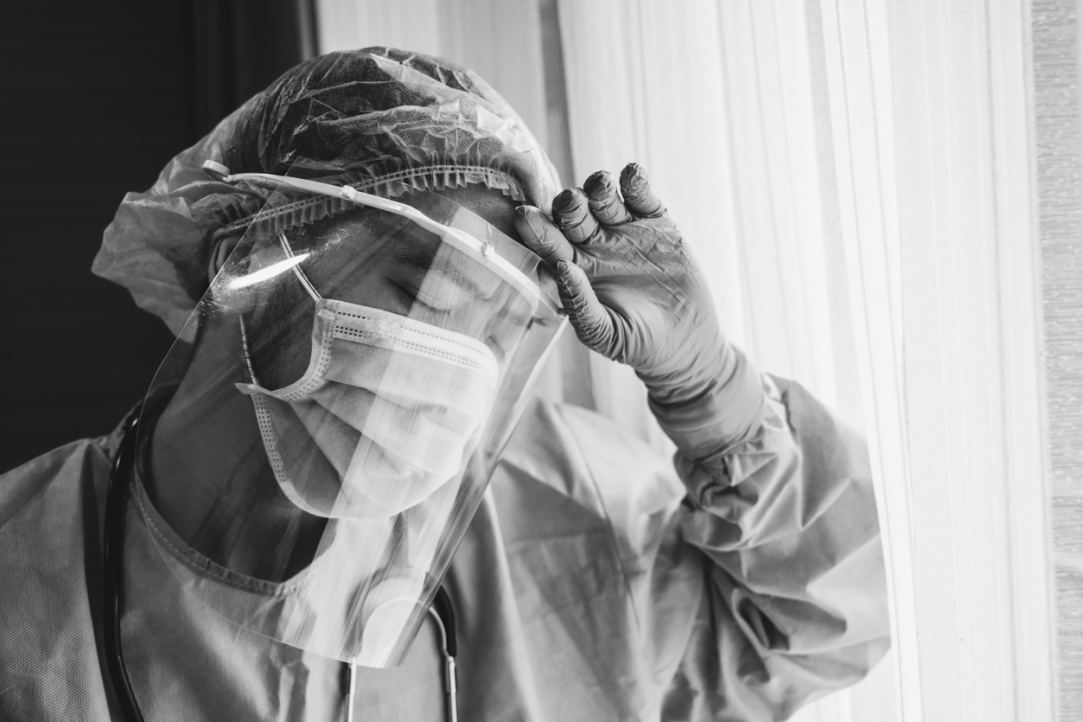
Stress Disorders More Prevalent among Doctors due to the Pandemic
Psychologists from HSE University have joined their peers from Ekaterinburg to look into the impact of the pandemic on the mental health of Russian doctors. They found that medical staff are suffering from stress, anxiety, and depression more often than before. The results of the study were published in International Journal of Environmental Research and Public Health.

HSE University Researchers Discover What Happens on the Bright Side of the Moon
Researchers from HSE University have developed a mathematical model that explains the levitation of charged dust particles over the sunlit lunar surface for almost any latitude. For the first time, the model takes into account the Earth’s magnetotail—a particular area around our planet. The research data is important for planning the Luna-25 and Luna-27 space missions. The study was published in Physics of Plasmas.

Family, Bosses, Isolation: HSE Researchers Uncover Causes and Impact of Stress in Employees Working from Home
In Russia, employers do not bear responsibility for the psychosocial risks faced by employees working from home. That is why remote employment needs additional legal regulation. These were the conclusions made by the HSE Faculty of Law project group ‘Regulatory framework to prevent remote work-related psychosocial risks’, which was created at the initiative of the HSE Institute of National and Comparative Legal Studies.

Unlike Female CEOs in Europe, Women Executives in Russia Are As Likely to Pursue Innovation As Their Male Colleagues
Gender, alongside other characteristics, seems to have a different effect on CEO risk-taking practices in Russia and in Western Europe. Female executives in Russia are at least as likely as men — and in some areas even more likely — to engage in new R&D or to launch new products on the market.
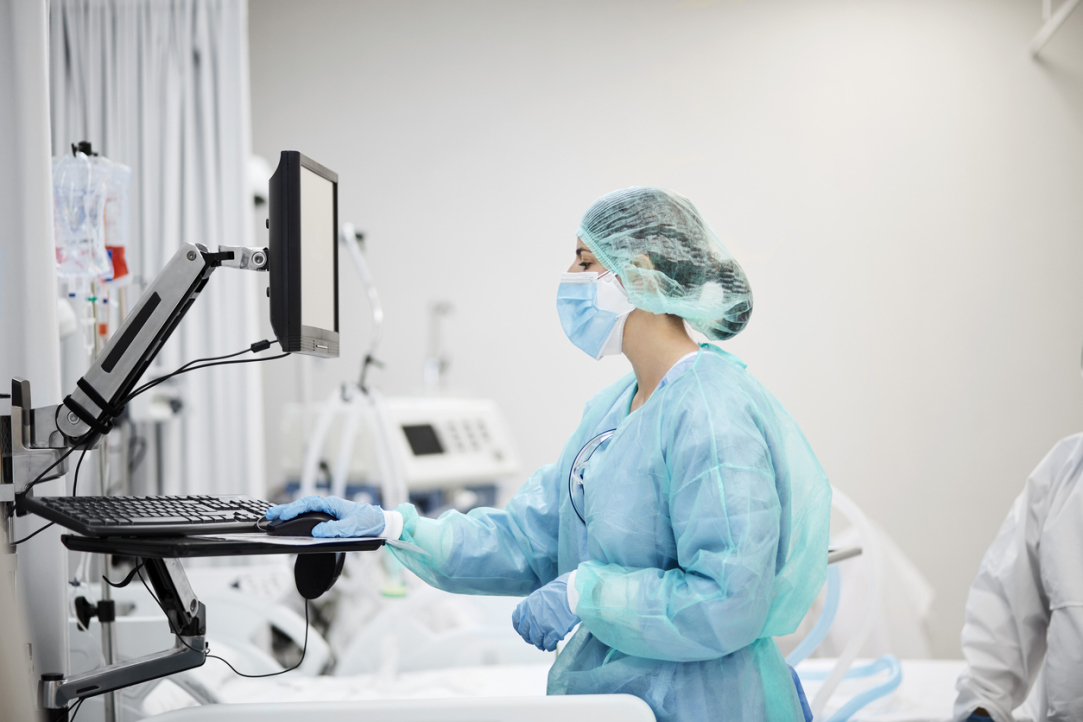
COVID-19 Pandemic Brought Humanity Closer to the Next Stage of Technological Revolution
The outbreak of the pandemic posed some serious challenges to the world that required the concentration of many people’s efforts and the use of the latest technologies. This has led to powerful technological breakthroughs, particularly in medicine. HSE University researchers Leonid Grinin, Anton Grinin, and Andrey Korotayev published a paper in which they assessed the impact of COVID-19 on social development. The authors concluded that the pandemic will considerably accelerate humanity’s transition to a new stage of development, but can also cause significant social strain.
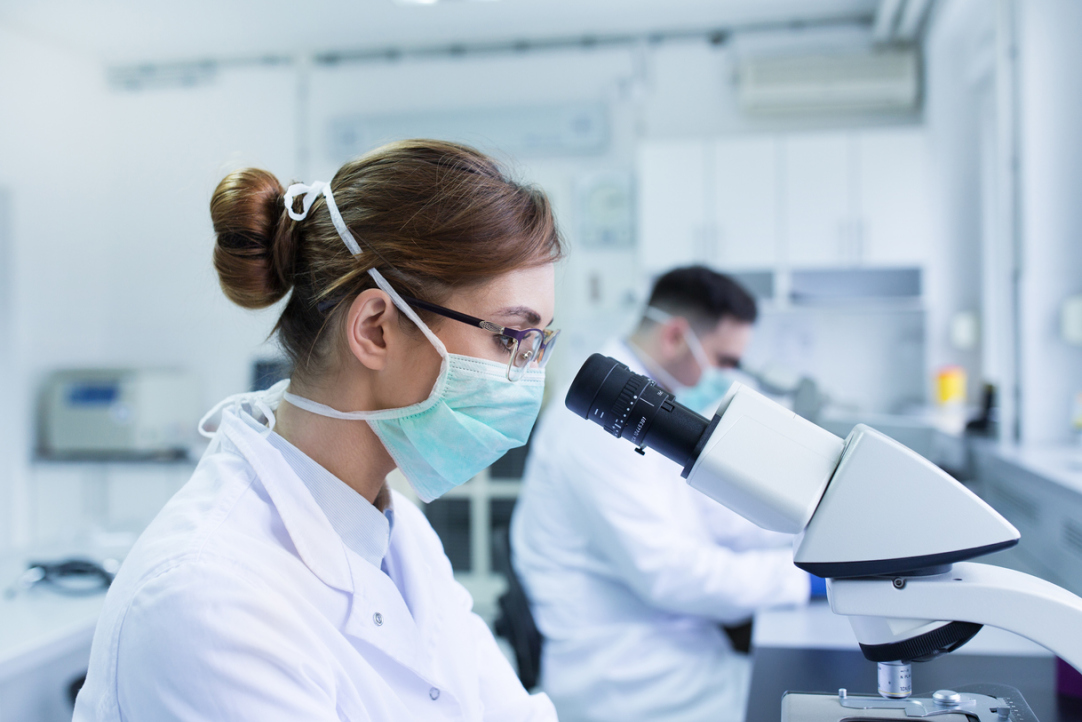
Biologists Figure Out How Stem Cells Turn Into Other Types of Cells at Molecular Level
An international team of researchers including biologists from HSE University has developed a method that helps obtain information on changes in protein expression and properties during cells’ transition from one state to another. One of the most interesting transitions is the transformation of cells from undifferentiated stem cells to differentiated cells of various organs and tissues. The paper was published in Nature Communications.

Researchers Explain What Makes People Pro-Environmental
The HSE School of Psychology has studied the psychological, social, and political factors behind Russians’ pro-environmental behaviour. It appears that women hold more pro-environmental attitudes than men, trust in the free market negatively affects sustainable consumption, and awareness of the benefits of pro-environmental actions better motivates people to sort waste than environmental concern or connectedness to nature. The study has been published by SSRN.
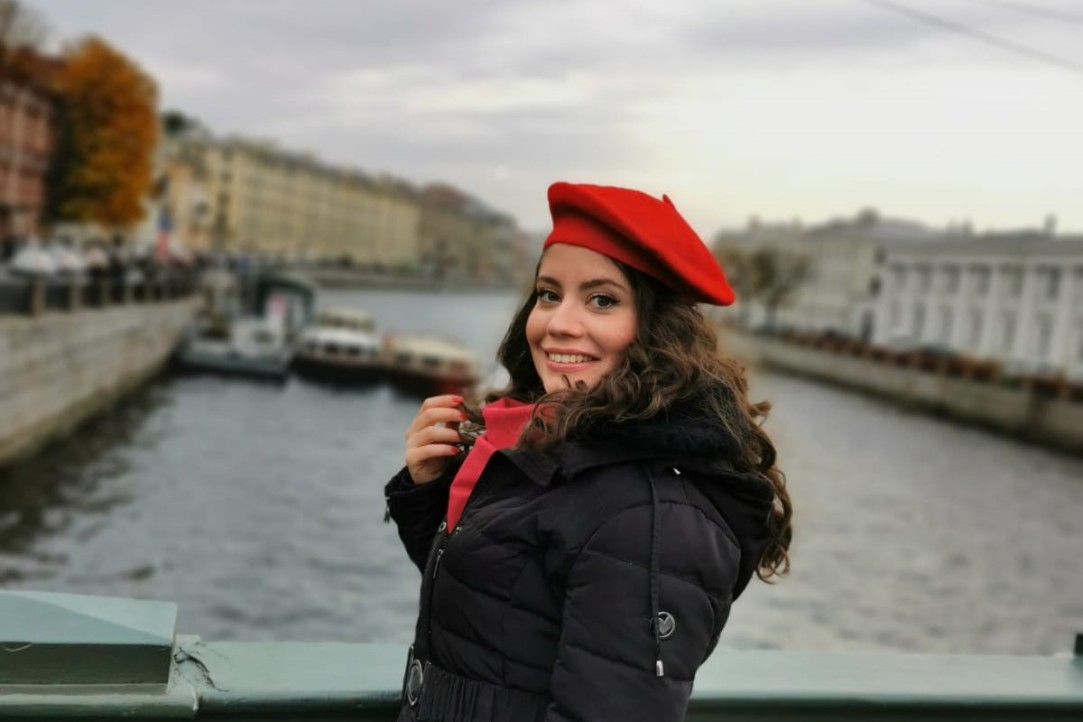
‘Gaining Practical Knowledge and Learning to Do a Lot in a Short Time’—The Life of an HSE PhD Student
Milica Simonovic, from Belgrade, Serbia, is a doctoral student at the HSE University Faculty of Economic Sciences. She is currently working on her doctoral thesis on corporate governance and intellectual capital disclosure. We interviewed Milica to find out more about her thesis and her experience of the university’s application process for PhD students.
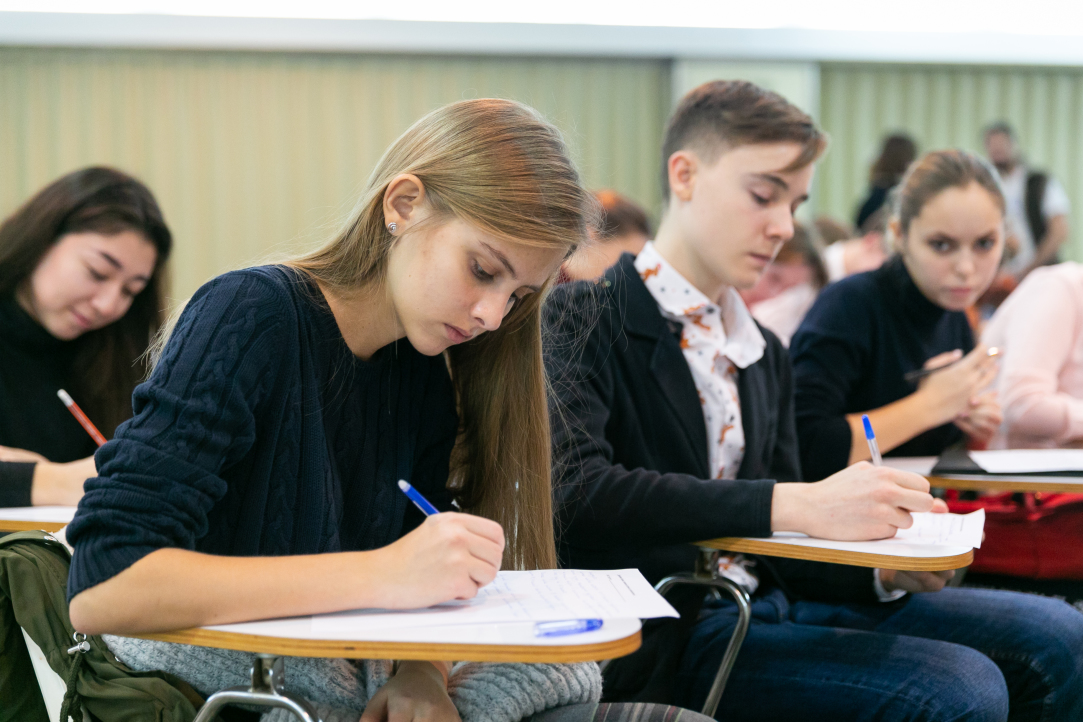
Statistics Explain Why Less-Competent People Tend to Overestimate Themselves
Why do people sometimes overestimate their knowledge—more often than not, those who are not well-versed in the subject at hand? Twenty years ago, two researchers studied this phenomenon and tried to explain it from a psychological point of view. This phenomenon is now known as the Dunning-Kruger effect after the names of the researchers. According to a report presented at a seminar of the HSE Department of Applied Economics, this effect has a purely statistical explanation.

